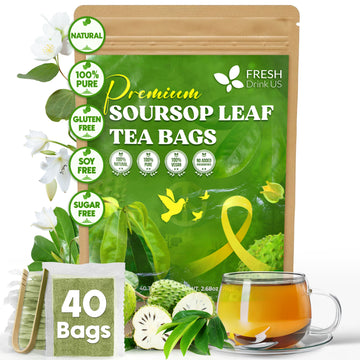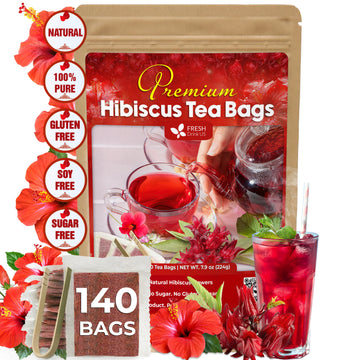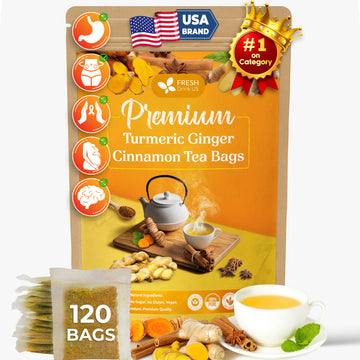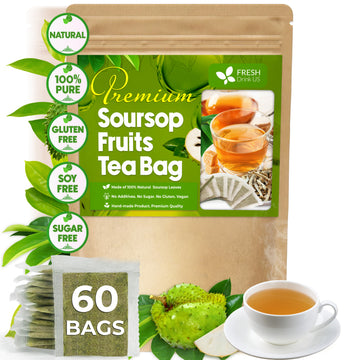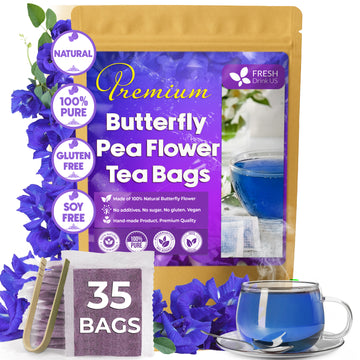Bamboo (subfamily Bambusoideae) is a versatile plant known for its strength and fast growth. While commonly associated with its sturdy stems and extensive use in construction and crafts, the benefits of bamboo also extend to its leaves. In this comprehensive article, we will explore the numerous health benefits and uses of bamboo leaves, highlighting their nutritional value, medicinal properties, and practical applications.
-
Nutritional Composition:
Bamboo leaves are packed with essential nutrients and bioactive compounds that make them a healthy addition to your diet. They are a rich source of vitamins, including vitamin C, vitamin E, and vitamin K, as well as minerals such as potassium, calcium, and magnesium. Bamboo leaves also contain antioxidants like flavonoids and phenolic acids, which help to combat free radicals and protect the body from oxidative stress. -
Medicinal Properties:
The traditional use of bamboo leaves in herbal medicine is well-documented. They possess various medicinal properties that have been used to treat several health conditions. Some of the notable benefits include:a) Antioxidant Activity: The antioxidants found in bamboo leaves can help reduce inflammation, protect against chronic diseases, and boost overall immune function.
b) Anti-inflammatory Effects: Bamboo leaves contain anti-inflammatory compounds that can alleviate symptoms associated with arthritis, allergies, and other inflammatory conditions.
c) Cholesterol Control: Studies have shown that consuming bamboo leaf extract can effectively lower LDL (bad) cholesterol levels, reducing the risk of heart disease.
d) Weight Management: Bamboo leaves can aid in weight loss due to their diuretic properties, which help eliminate excess water and toxins from the body.
e) Digestive System Support: Bamboo leaf extract has been used in traditional medicine to relieve digestive disorders such as indigestion, bloating, and diarrhea.
f) Oral Health: Bamboo leaf extract has antimicrobial properties that can inhibit the growth of oral bacteria, reducing the risk of cavities and gum diseases.
-
Culinary Uses:
Bamboo leaves are widely used in Asian cuisine and are known for their unique flavor and aroma. They are commonly used as wraps for steaming or baking food, imparting a subtle fragrance and flavor to the dish. Additionally, dried bamboo leaves can be brewed into a tea with a slightly sweet and grassy taste, offering a refreshing alternative to traditional teas. -
Environmental Benefits:
Aside from their health benefits, bamboo leaves also contribute to the environment in several ways:a) Soil Erosion Control: Due to their dense growth and extensive root system, bamboo plants, including their leaves, help prevent soil erosion, particularly on slopes and riverbanks.
b) Carbon Dioxide Absorption: Bamboo, including its leaves, is known for its high carbon sequestration capacity. The plant absorbs more carbon dioxide compared to other tree species, providing a valuable solution to climate change.
c) Sustainable Resource: Bamboo is a highly renewable resource that grows quickly and requires minimal pesticides or fertilizers. Utilizing bamboo leaves and other parts of the plant can help reduce the strain on other natural resources.

Conclusion:
Bamboo leaves offer an array of health benefits and practical uses. Their nutritional value, medicinal properties, and versatility make them a valuable addition to your daily routine. Whether consumed as food, brewed into tea, or used for their environmental benefits, bamboo leaves play a significant role in promoting a healthier lifestyle and sustainable practices.
Note: It is always important to consult with a healthcare professional or herbalist before using bamboo leaves for medicinal purposes.

